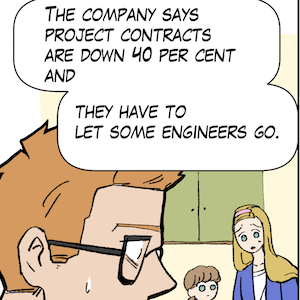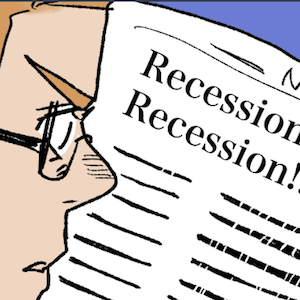Australian labour market – signs of weakening with underemployment rising
Today (September 19, 2024), the Australian Bureau of Statistics released the latest – Labour Force, Australia – for August 2024, which shows that the labour outlook might be about to change despite the on-going employment growth. Employment growth was biased towards part-time jobs as full-time employment fell. The unemployment rate was slightly lower (decimals) as employment growth outstripped the underlying population growth – although the rise in underemployment might be due to employers rationing working hours as a first step in dealing with lower sales. We will know more next month. But we should not disregard the fact that there is now 10.6 per cent of the working age population (over 1.6 million people) who are available and willing but cannot find enough work – either unemployed or underemployed and that proportion is increasing. Australia is not near full employment despite the claims by the mainstream commentators and it is hard to characterise this as a ‘tight’ labour market.


